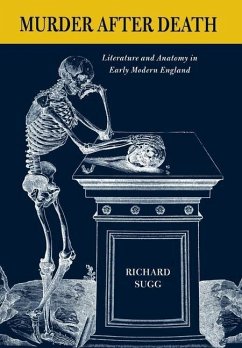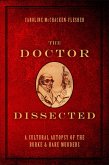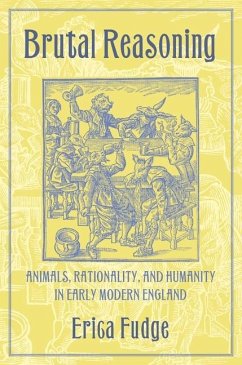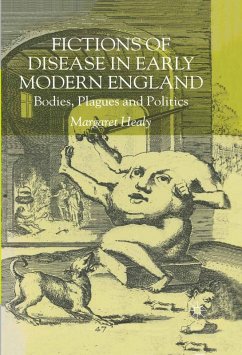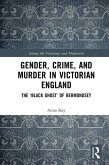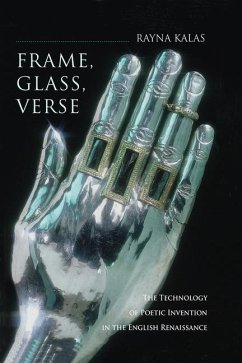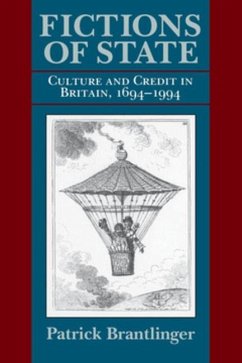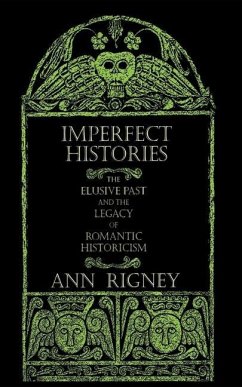Just as museum exhibits of plastinated corpses, television dramas about forensics, and books about the eventual fate of human remains provoke interest and generate ethical debates today, anatomy was a topic of fascination-and autopsies a spectator pastime-in England from the mid-Elizabethan era through the outbreak of civil war. Rather than regard such preoccupations as purely macabre, Richard Sugg sees them as precursors of a profoundly new scientific and cultural discourse.
Tracing the influence of continental anatomy on English literature across the period, Sugg begins his exploration with the essentially sacralizing aspects of dissection-as expressed, for instance, in the search for the anatomical repository of the soul-before detailing ways in which science and religion diverged from and eventually opposed each other. In charting this transition, Sugg draws his evidence from the fine detail of literary language, moving from sermons to plays, medical textbooks to sonnets, and from sensational short tales to Thomas Nashe's proto-novel The Unfortunate Traveller.
As Sugg shows, the study of anatomy first offered to positively revitalize many areas of religious rhetoric. In time, however, the rising forces of early scientific enquiry transformed the body into an increasingly alien and secular entity. Within this evolution the author finds a remarkably rich, subtle, and unstable set of attitudes, with different forms of violence, different versions of the interior body, and implicit social, religious, and psychological stances variously cooperating or competing for supremacy.
Tracing the influence of continental anatomy on English literature across the period, Sugg begins his exploration with the essentially sacralizing aspects of dissection-as expressed, for instance, in the search for the anatomical repository of the soul-before detailing ways in which science and religion diverged from and eventually opposed each other. In charting this transition, Sugg draws his evidence from the fine detail of literary language, moving from sermons to plays, medical textbooks to sonnets, and from sensational short tales to Thomas Nashe's proto-novel The Unfortunate Traveller.
As Sugg shows, the study of anatomy first offered to positively revitalize many areas of religious rhetoric. In time, however, the rising forces of early scientific enquiry transformed the body into an increasingly alien and secular entity. Within this evolution the author finds a remarkably rich, subtle, and unstable set of attitudes, with different forms of violence, different versions of the interior body, and implicit social, religious, and psychological stances variously cooperating or competing for supremacy.
Dieser Download kann aus rechtlichen Gründen nur mit Rechnungsadresse in A, D ausgeliefert werden.

